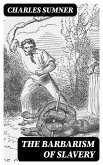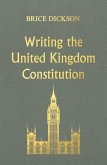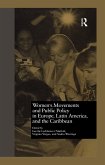In "Two Tracts on Civil Liberty, the War with America, and the Debts and Finances of the Kingdom," Richard Price presents a critical analysis of the social and political upheavals of his time. Blending Enlightenment ideals with empirical research, Price offers a thorough dissection of civil liberties, specifically in the context of the American Revolution and its financial implications for Britain. His prose is marked by a clarity and urgency that reflects the tumultuous climate of the late 18th century, engaging with evolving notions of liberty, governance, and economic responsibility. This work stands out as both a philosophical treatise and a timely response to contemporary political dilemmas, illustrating the intersection of morality and statecraft. Richard Price was a notable Welsh moral philosopher and political theorist whose commitment to democratic ideals and social reform deeply influenced his writings. His advocacy for civil liberties, coupled with his dissent against established authority, captures the essence of the Enlightenment spirit. An ardent supporter of the American colonies' quest for independence, Price's life experiences and scholarly pursuits fueled his critique of government practices and financial mismanagement, culminating in these essential tracts. This book is essential for readers seeking to understand the foundations of modern democratic thought and the historical trajectory that shaped civil liberties. Price's incisive arguments and passionate advocacy resonate well beyond his time, offering invaluable perspectives for contemporary discussions on governance, freedom, and the responsibilities of citizenship.
Dieser Download kann aus rechtlichen Gründen nur mit Rechnungsadresse in A, B, BG, CY, CZ, D, DK, EW, E, FIN, F, GR, H, IRL, I, LT, L, LR, M, NL, PL, P, R, S, SLO, SK ausgeliefert werden.









